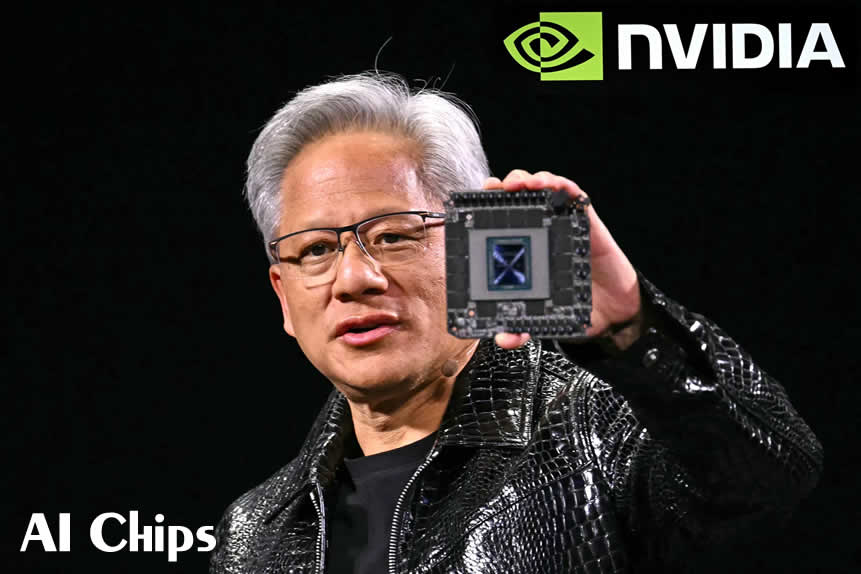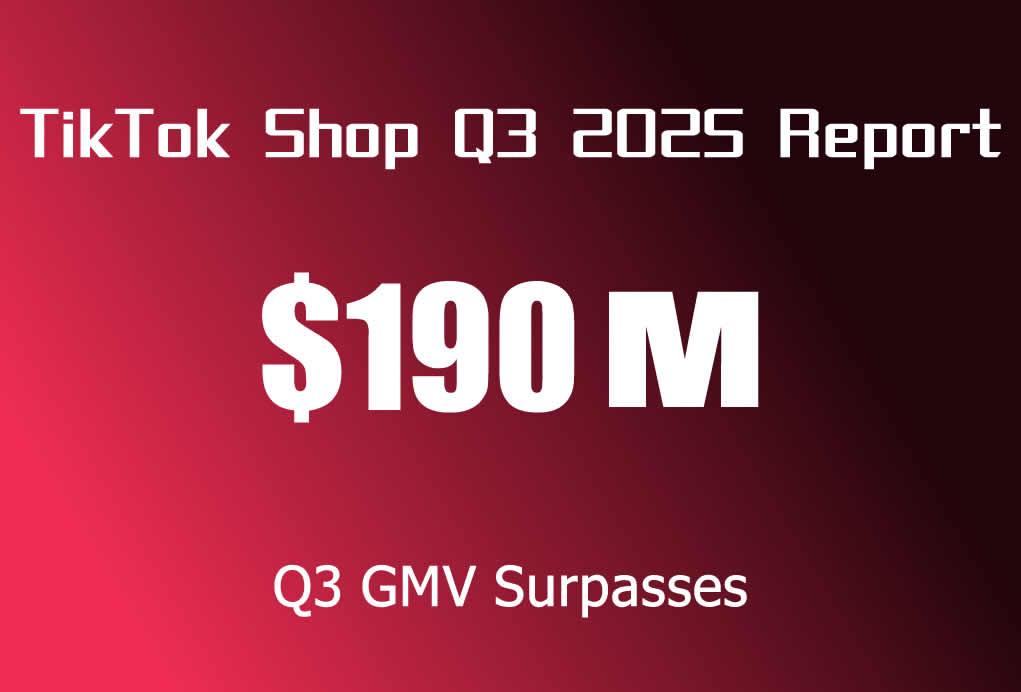Semiconductor giant Nvidia is facing unexpected new U.S. export controls on its H20 chips.
In a filing Tuesday, Nvidia said it was informed by the U.S. government that it will need a license to export its H20 AI chips to China. This license will be required indefinitely, according to the filing — the U.S. government cited “risk that the [H20] may be used in […] a supercomputer in China.”
The H20 chip, known for its advanced capabilities in high-performance computing and artificial intelligence, has been at the forefront of technological innovations by Nvidia. However, with these new export restrictions, Nvidia and its global clientele will face new challenges in deploying these powerful computing resources.
The H20 is the most advanced AI chip Nvidia can export to China under the U.S.’ current and previous export rules. Last week, NPR reported that CEO Jensen Huang might have talked his way out of new H20 restrictions during a dinner at President Donald Trump’s Mar-a-Lago resort, in part by committing that Nvidia would invest in AI data centers in the U.S.
Perhaps not-so-coincidentally, Nvidia announced on Monday that it would spend hundreds of millions of dollars over the next four years manufacturing some AI chips in the U.S. Pundits were quick to point out that the company’s commitment was light on the details.
Multiple government officials had been calling for stronger export controls on the H20 because the chip was allegedly used to train models from China-based AI startup DeepSeek, including the R1 “reasoning” model that threw the U.S. AI market for a loop in January.

Nvidia declined to comment.
The decision to require export licenses specifically for the H20 chip is seen as part of broader efforts by the U.S. to maintain technological superiority and prevent sensitive technologies from potential misuse. This directive follows ongoing tensions and trade discussions that involve technology transfers and cybersecurity concerns.
Key industry analysts predict that this move may prompt significant shifts within the global tech landscape. Companies relying on the rapid deployment of advanced AI and computing technologies might need to reassess their strategies to adapt to these new regulations. The license requirement is not just a procedural hurdle but also a strategic maneuver in the complex arena of international technology trade.
As companies like Nvidia navigate through these regulatory waters, the implications for the global supply chain and international tech collaborations are immense. Stakeholders are closely monitoring how such policies will influence not only corporate strategies but also the broader dynamics of technological advancements and international relations.




